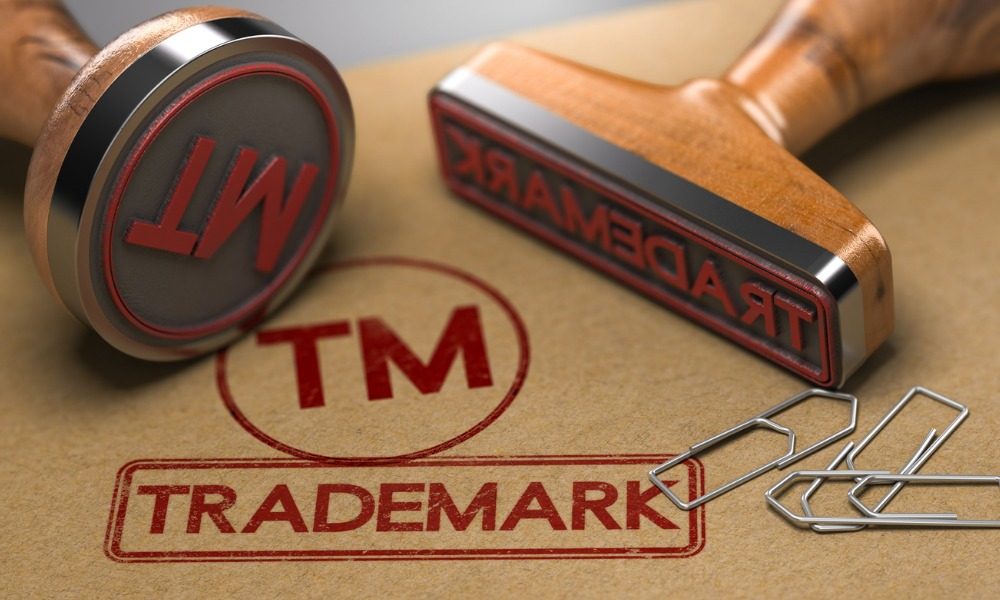
Design mark is not distinctive and is thus invalid, Federal Court judge says

Because trademark legislation seeks to ensure consistent quality across all products or services bearing a particular mark, the mark’s owner should effectively control the product or service that a licensee provides using the trademark, a recent ruling said.
The case arose when Milano Pizza Ltd. and the other appellants sued 6034799 Canada Inc. and the other respondents for trademark infringement, passing off, and depreciation of goodwill.
The Federal Court dismissed the appellants’ action. It found that the appellants’ registered design mark was not distinctive and thus invalid under s. 18(1)(b) of the Trademarks Act, 1985. The appellants failed to show sufficient control over its licensees such that the licensees’ use of the mark should be deemed use by the trademark owner under s. 50(1) of the Act.
The appellants wanted to overturn the decision of the Federal Court’s judge. They argued that:
In Milano Pizza Ltd. v. 6034799 Canada Inc., 2023 FCA 85, the Federal Court of Appeal dismissed the appeal with costs. The appellants argued that courts could not decide on the meaning of control in s. 50 but should instead believe the trademark owner’s claim that it was asserting control over the final product or services.
The appellate court disagreed with this argument. The appellate court explained that declaring that any type or degree of control was acceptable would make a mockery of s. 50(1) because the purpose of exercising control over the finished product or service was to ensure the same quality across all licensees.
Here, the judge made no factual or legal errors in finding that the purchasing and territory requirements were insufficient control for the appellants to benefit from s. 50(1), the appellate court said. The appellate court added that the judge was not dictating how the trademark owner should exercise control but was determining that control did not exist in this case at all.
Next, the appellate court rejected the appellants’ argument that the judge made several mixed fact and law errors. The appellate court ruled that none of the alleged errors met the highly deferential standard of palpable and overriding error.
Lastly, the appellate court disagreed with the appellants’ argument that the judge made a legal error by improperly considering evidence of events before the date material to her analysis.
The judge identified the correct relevant date, the appellate court held. The appellate court said that the judge was entitled to consider the evidence before the material date so that she could have a clearer picture of the parties' behaviour as of that date.